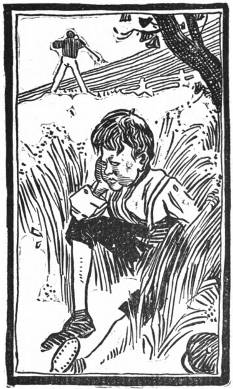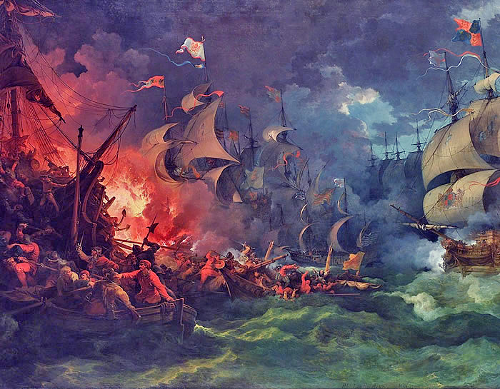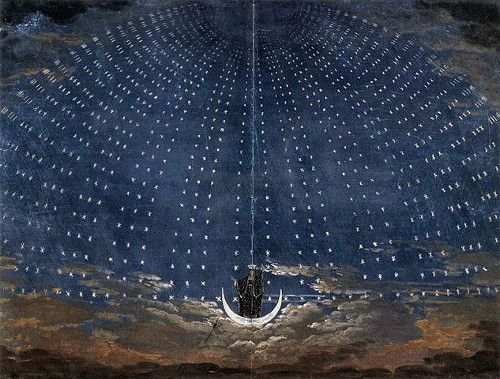
DR. GALL: You see, so many Robots are being manufactured that people are becoming superfluous; man is really a survival. But that he should begin to die out, after a paltry thirty years of competition! That’s the awful part of it. You might think that nature was offended at the manufacture of the Robots. All the universities are sending in long petitions to restrict their production. Otherwise, they say, mankind will become extinct through lack of fertility. But the R.U.R. shareholders, of course, won’t hear of it. All the governments, on the other hand, are clamoring for an increase in production, to raise the standards of their armies. And all the manufacturers in the world are ordering Robots like mad.
HELENA: And has no one demanded that the manufacture should cease altogether?
DR. GALL: No one has the courage.
HELENA: Courage!
DR. GALL: People would stone him to death. You see, after all, it’s more convenient to get your work done by the Robots.
HELENA: Oh, Doctor, what’s going to become of people?
DR. GALL: God knows, Madame Helena, it looks to us scientists like the end!
— From Karel Čapek’s 1920 play R.U.R., which introduced the word robot





